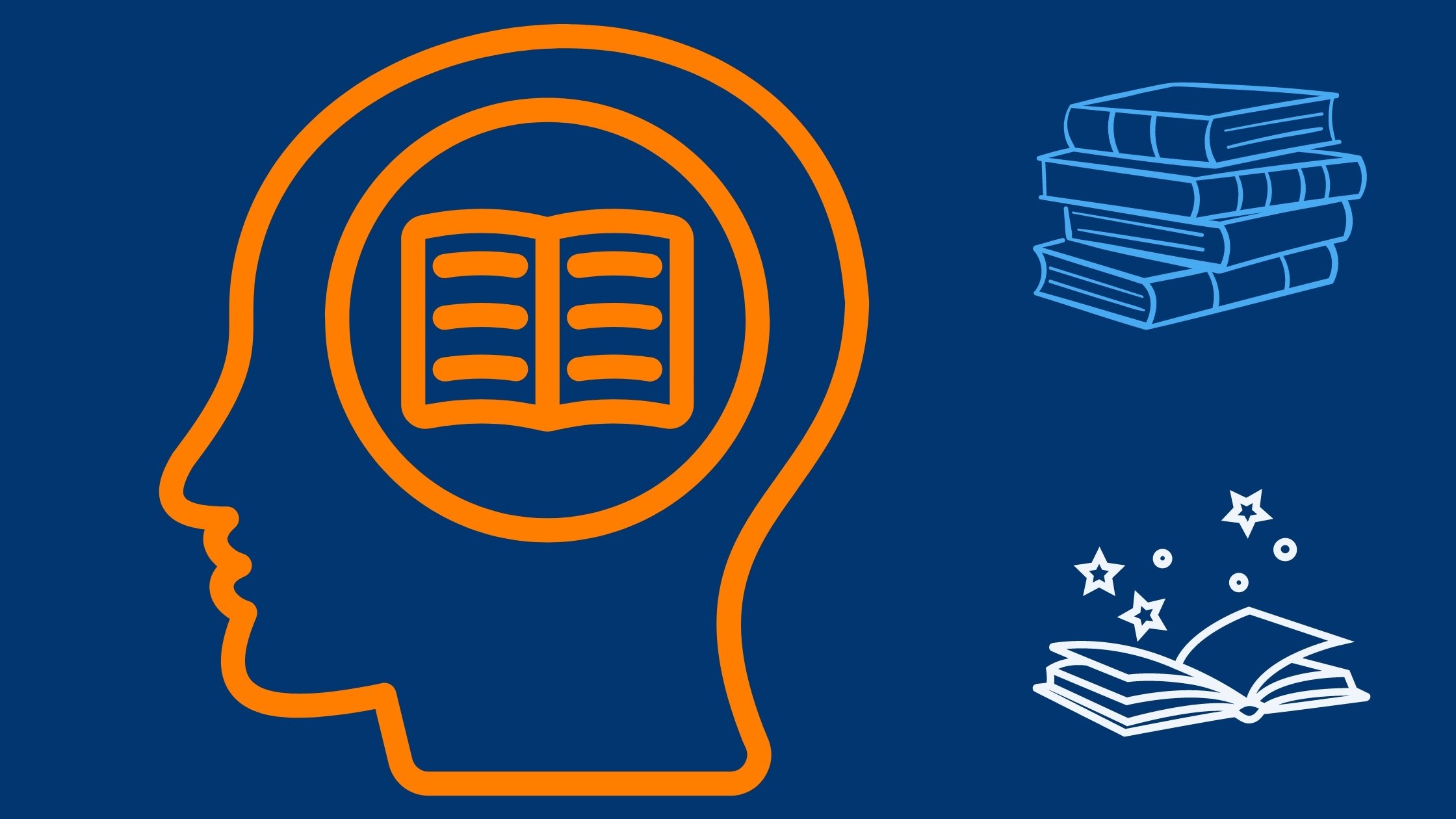Why do we avoid making decisions?
In some cases, it has to do with the choice architecture of the thing to be decided upon. We might not have any opportunity to practice our options.
Thaler and Sunstein say, "Practice makes perfect (or at least better). Unfortunately, some of life’s most important decisions do not come with opportunities to practice.”
Or it is too complex of an issue. Thaler and Sunstein discuss how it is easy for us to choose an ice cream parlor with four flavor choices because we know what we like and, therefore, we know what our experience will be.
However, it becomes more challenging when the choices aren’t so clear. “It is particularly hard for people to make good decisions when they have trouble translating the choices they face into experiences they will have.”
Escapism Through Indecision
It can also be a form of escapism—for example, if I don’t make the decision, I can’t be blamed for the outcome. Willink recommends the opposite approach in Extreme Ownership: "When you take ownership of your decisions and stop making excuses, you control the outcome. Avoiding responsibility is the easy path, but it keeps you from growing and achieving real success."
The “Wrong Decision” Fear
Making decisions can also lead to feeling like a failure if the decision maker deems it as “the wrong decision” (something I touch upon in Book Brew 72).
Tony Robbins describes this decision avoidance as moving away from pain: "People will do more to avoid pain than they will to gain pleasure. But real change happens when we decide that the pain of staying the same is greater than the pain of change."
Even Dweck mentions decision avoidance in people with a fixed mindset: "In a fixed mindset, people believe their basic qualities, like their intelligence or talent, are simply fixed traits. This leads to avoiding challenges and decisions that might risk failure, as they believe these setbacks define them."
The Cost of Indecision
But not deciding is a decision, and one that can ultimately lead to poor outcomes and even being perceived as weak; as Greene writes in The 48 Laws of Power, “When you hesitate, you show yourself as unreliable, and decisions pile up… Too many in a row makes you appear weak and indecisive.”
The Power of Taking Control
When we decide, we can move forward and control our journey. We can accomplish the things we set out to do. We can improve our life.
Myron Golden - "If you're not making money, it's likely because you haven't truly decided to yet. Wealth begins with a commitment to change your actions, habits, and mindset."
Brian Tracy - "You become what you think about most of the time, and you become what you believe. Visualize your goals and know that with confidence and determination, you can achieve them."
Tony Robbins - "The quality of your life is the quality of your decisions. Priming yourself each day—through gratitude, focus, and visualization—empowers you to make those decisions with clarity and strength."
Prioritize Your Life, or Others Will
But if we don’t decide, we give that control to others to direct or even create the path we will travel; as Mckeown points out in Effortless, “Remember that if you don’t prioritize your life, someone else will.”.
Ponder This
- Are there decisions you’ve avoided recently? How might taking action affect your path?
- How might fear of “the wrong decision” be affecting your goals?
- What’s one small decision you could make today to reclaim control over your path?
Books
- Nudge - Richard Thaler and Cass Sunstein
- Extreme Ownership - Jocko Willink
- The 48 Laws of Power - Robert Greene
- Mindset - Carol Dweck
- Effortless - Greg McKeown


Comments